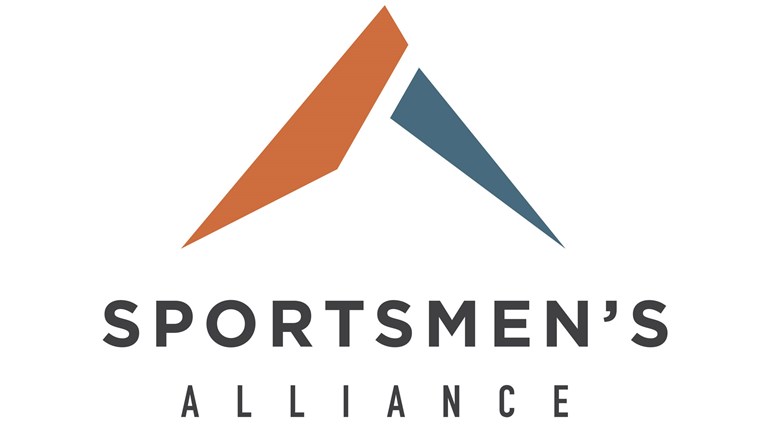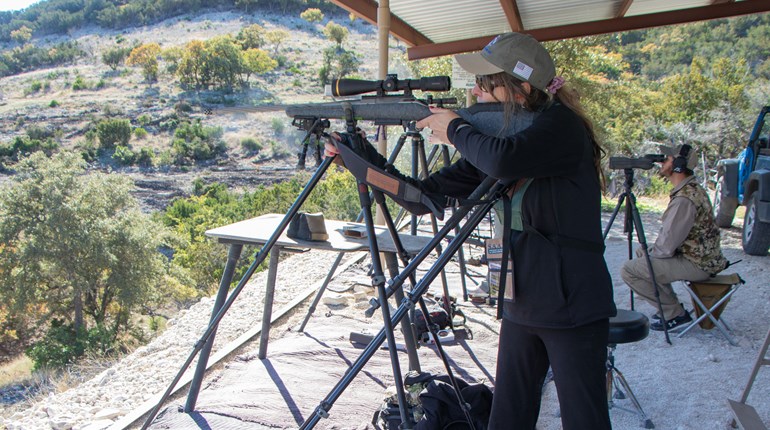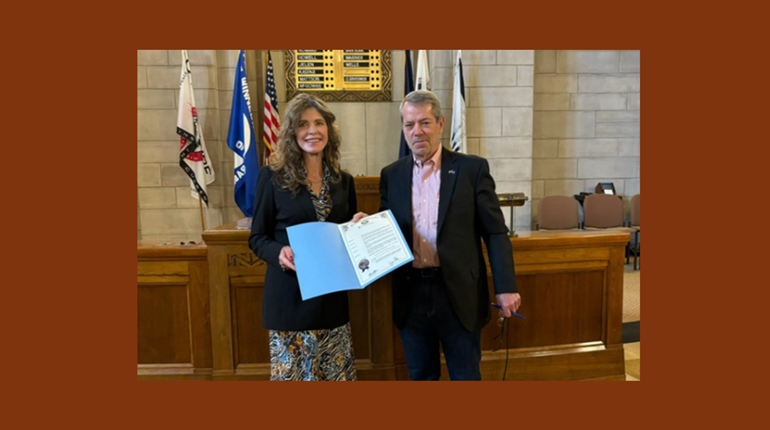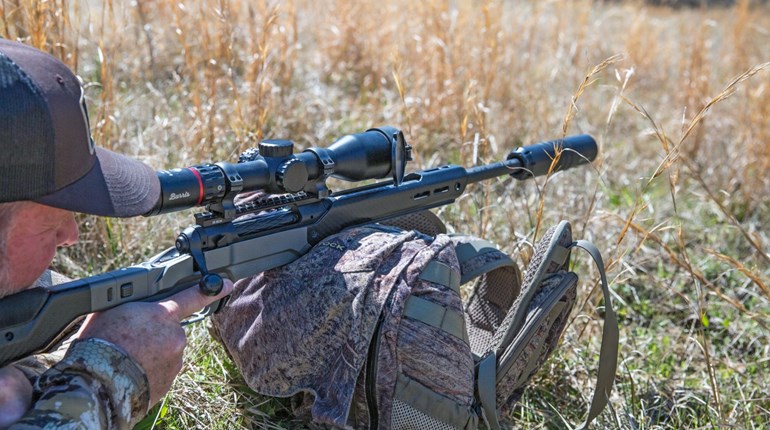
When you attend an SCI show, you can't wait to walk the aisles and visit with hunters and outfitters around the world, but it's also the opportunity to attend seminars of all kinds, such as glassing for Western big-game and choosing the right optics, getting into bowhunting, designing a trophy room, enhancing your wingshooting skills and/or planning your first African safari. But then there are the big stories outside of the adventure hunts and seminars, such as learning about and promoting SCI's worldwide conservation programs and advocacy efforts through its full-time litigation department. Hence the tagline "SCI: First for Hunters."
I just attended SCI's hunter advocacy press luncheon where I listened to remarks from SCI's Anna Seidman, director of Litigation, and Scott O'Grady, who, after serving for 12 years as a fighter pilot—including 57 combat missions in Iraq and Bosnia—started planning trips to Africa and last year returned from trip No. 5—an elephant hunt in Zimbabwe—to learn the U.S. Fish and Wildlife Service had announced a ban on ivory importation from Zimbabwe and Tanzania. Despite having all paperwork and permits in order, he was embroiled in yet another concoction on the part of the anti-hunters. When SCI filed a lawsuit and he testified to try and thwart the decision, he asked the USFWS what scientific findings had led to it.
What did he learn? Not only was the USFWS decision not based on any scientific studies, but no one from the USFWS had even been to Zimbabwe or Tanzania to investigate the elephant scenario. There was no thought of how hunters' dollars are what conserves the species. There was no thought as to how hunters' dollars aid those two nations economies. Perhaps even more stunning: The USFWS never even consulted with the two countries upon which the ruling was based, which was a bit surprising—and insulting.
The loser in all this: the African elephant. O'Grady, who has personally been exposed to poaching on all five of his trips, discussed how hunting brings in seven to 10 times the amount of money generated in those two nations' economies. This explains why anti-poaching crews there have done such a good job at thwarting poachers. He shared the story of how one particular elephant with 100-pound tusks actually had two armed guards assigned to track and protect it. Yet the USFWS sees fit to take the hunter out of the equation, despite the fact it's hunters' dollars that preserve the species. SCI is working nonstop to get the ban lifted.
In case you're wondering, elephant populations in Zimbabwe and Tanzania are over capacity. Though Zimbabwe and Tanzania receive 500 and 200 CITES permits each year, respectively, an extremely small number of permits are filled each year.
As for other hot buttons, of course, there is the African lion. As in the case of the elephant, the lack of public education is stunning as, again, it's hunters' dollars that ensure the future of all game species.
To shed more light on this critical topic, there's a seminar this afternoon entitled, "The Future of Hunting African Elephants and Lions: Will I Be Able to Import My Elephant and Lion Trophies in 2015 and Beyond?" I hope so as maybe one day I can do a hunt on that level. What an amazing feeling it would be to seeing where my hunter's dollars went firsthand.



































